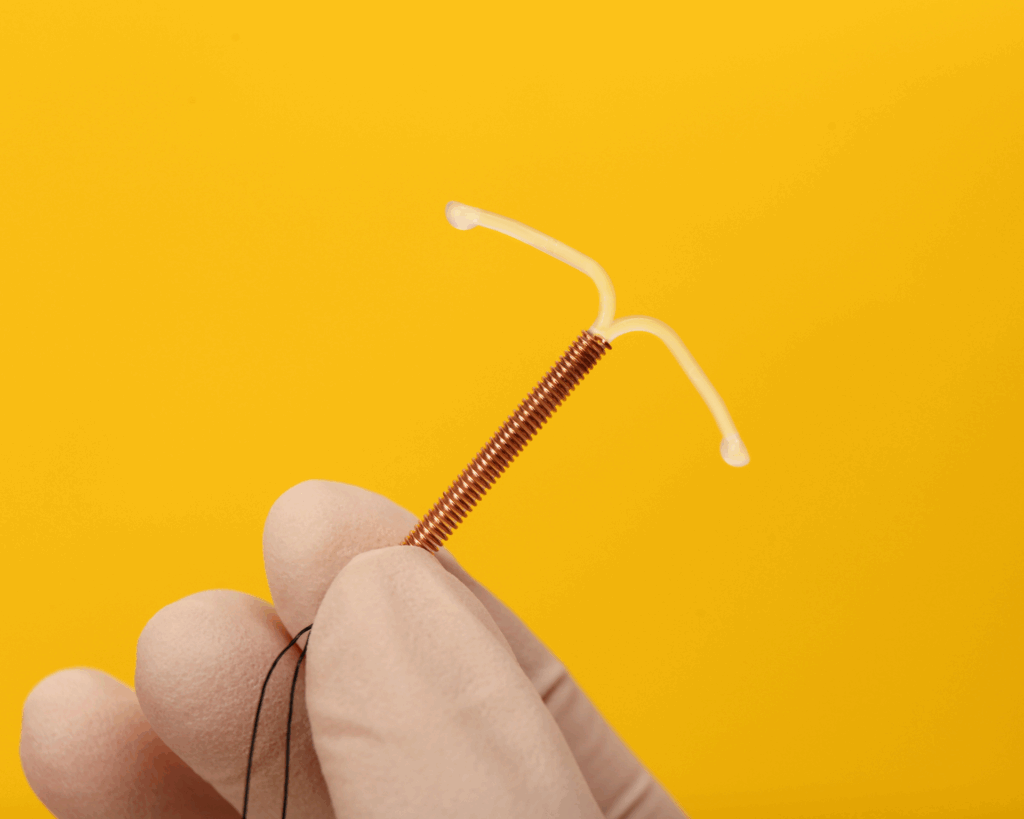Navigating Parent-Teen Conversations About Sex
Talking to your teen about sex is essential, and it's never too early to start.

Read Time: 3 minutes
Published:
How do you approach the topic of sex with your teenager? When should you start the conversation? What should you cover, and how can you do it without feeling awkward? These questions can leave parents of children of all ages feeling overwhelmed, tense, and dreading the inevitable talk about the birds and the bees.
While we all want our children to grow up informed about puberty and equipped to make safe decisions, navigating these discussions can be challenging, particularly in households where sex is taboo. However, refraining from discussing sex or waiting until the late teens to talk about protection from sexually transmitted infections and pregnancy isn’t effective. While comprehensive sex education may delay sexual activity and reduce teen pregnancy rates, abstinence-only education doesn’t delay sexual activity and is correlated with higher teen pregnancy rates.
Doctors are crucial in supporting communication between parents and teens about sexual health. But first we need to understand parents’ perspectives on discussing sexual health with their teens and what kind of support they would like from their doctors. Our team conducted structured interviews with twenty parents of preteen and teenage daughters aged 9 to 19. These parents came from diverse backgrounds, primarily representing Hispanic and Black families in Dallas, TX.
Some parents began teaching their daughters about sex when they were young (between ages six and ten). Others waited until their daughter was thirteen or older. Most aimed to start conversations about puberty before her first period, but some unintentionally missed this milestone by waiting too long.
The timing of birth control discussions also varied. Some parents believed that safe sex should be discussed as soon as their daughter started menstruating, while others delayed addressing the topic until their teens were nearly adults. Some parents were worried that telling teens about birth control might encourage sexual activity. Cultural influences played a role, particularly among communities that considered sex shameful or held religious beliefs that discourage birth control.
Together, parents and medical professionals can empower teens with the knowledge they need to make informed and safe decisions about their sexual health.
Parents who felt uncomfortable discussing sex still hoped their teens would receive the information they needed to make safe choices. Even when they didn’t feel able to teach their teens about contraception themselves, almost all parents hoped that their daughter would use protection if she did decide to have sex. This makes sense in the context of previous research, suggesting that almost 90% of parents support comprehensive sex education.
So, what can doctors do to support parents better? Many parents appreciated medical offices that routinely discussed sensitive topics one-on-one with teens and created a safe, comfortable space to ask questions confidentially. Parents also valued age-appropriate guidance on puberty and adolescent development from pediatricians beginning in childhood and expanding throughout the teen years, including using accurate medical terminology for reproductive functions. A comfortable and welcoming atmosphere also helped build trust in the clinic.
Talking to your teen about sex is essential, and it’s never too early to start age-appropriate, medically accurate conversations. Parents should aim to address the topic over time rather than a single instance of “The Talk.” Providing accurate information calmly and confidently can help create a comfortable environment and reduce embarrassment for teens (and parents). Doctors can help guide productive parent-teen conversations by providing individually tailored age-appropriate information and creating space for teens to ask confidential questions. Together, parents and medical professionals can empower teens with the knowledge they need to make informed and safe decisions about their sexual health.
Photo via Getty Images



